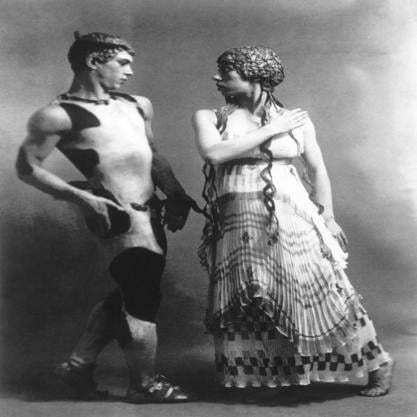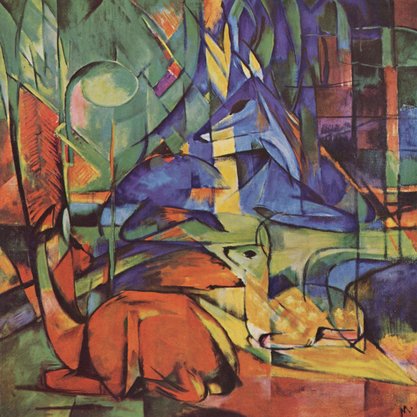Article
Kraus, Gertrud (1901–1977) By Rottenberg, Henia
Article
Gertrud Kraus, a Jewish dancer, choreographer, and teacher, was a prominent representative of Viennese Ausdruckstanz and later a key figure in establishing modern dance in her new homeland of Israel. She performed her solo recitals on stages in the capitals of Europe and the Middle East with great success, and choreographed for her own dance group and for theater and opera. Characterized by a search for self-expression that was associated with deep social consciousness and humanism, her works resulted from her profound personal identification with struggles for social justice. Exemplary was the cycle Songs of the Ghetto, set to music by Russian-Jewish composer Joseph Achron and performed at the 1930 Dancers Congress in Munich. Although such works brought Kraus international success, the rise of National Socialism and the Nazi threat to Jews and leftists led to her emigration in 1935 to Eretz Yisrael, as the land of Palestine was called by Zionists at the time. Arriving at a time of conscious creation of Hebrew culture, Kraus soon became a dominant figure in the dance scene of the 1930s and 1940s, and she is considered one of the founders of modern dance in Israel.



